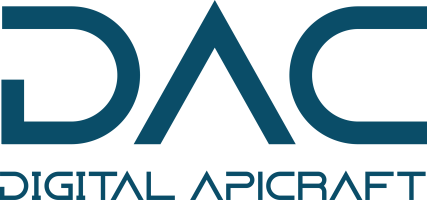Let’s face it: the technological landscape is driven by businesses relentlessly seeking ways to improve user experience (UX). However, as we go down the line, we witness enterprises and developers drowning in the challenge of managing and integrating an extensive array of APIs. The proliferation of APIs has created a fragmented ecosystem, making it difficult for businesses to discover, access, and manage the APIs they need to build innovative applications and services. This is where unified API marketplaces come into play. The Best API Marketplace offer a centralized platform that addresses these challenges and facilitates seamless API discovery, integration, and management.
A Brief Overview
The Best API Marketplace act as a one-stop shop for businesses and developers, offering a comprehensive repository of APIs from various sources. Why? Because they eliminate the need for developers to search for APIs across multiple websites and platforms, saving time and effort. In addition, unified API marketplaces provide standardized documentation, testing environments, and authentication mechanisms, streamlining the API integration process and reducing the risk of compatibility issues.
By deploying a unified API marketplace, businesses can improve customer satisfaction, engagement and gain a competitive edge in the market. On the other hand, developers can benefit from a centralized platform that simplifies the API integration process, allowing them to focus on building innovative features and applications without getting bogged down in API management complexities.
Perks of a Unified API Marketplace for Enhancing User Experience
Unified API marketplaces offer several benefits that can directly contribute to enhancing user experience:
- Simplified API Integration:Developers can easily integrate APIs from various sources into their applications to reduce development time and complexity. When a unified interface provides a single interface to access and manage APIs, it eliminates the need for developers to learn and integrate with multiple API providers.
- Enhanced Functionality: A unified API also facilitates developers to leverage a wider range of APIs to create more innovative and feature-rich applications. Unified API marketplaces provide access to a vast library of APIs from various sources, including cloud providers, SaaS applications, and third-party services, and this enables developers to incorporate new capabilities and features into their applications that would not be possible using traditional development methods. Dev teams can easily integrate APIs that provide payment processing, geolocation services, social media integration, and much more.
- Improved Data Access:APIs provide access to valuable data that can be used to personalize user experiences and provide tailored recommendations. Unified API marketplaces facilitate access to data from various sources, including CRM systems, marketing automation platforms, and customer support tools, and this data can be used to personalize user experiences by providing tailored recommendations, targeted content, and relevant insights. Businesses can use data to understand user behaviour, preferences, and needs, allowing them to deliver more personalized and engaging experiences.
This isn’t all. API marketplaces also offer streamlined authentication and authorization. For instance, Unified API marketplaces can also enforce access control rules, ensuring that users only have access to the data and functionality they are authorized to use, which is a boon for patients concerned about their data safety.
Searching for the best Healthcare API Marketplace? Find it at DigitalAPICraft today!


